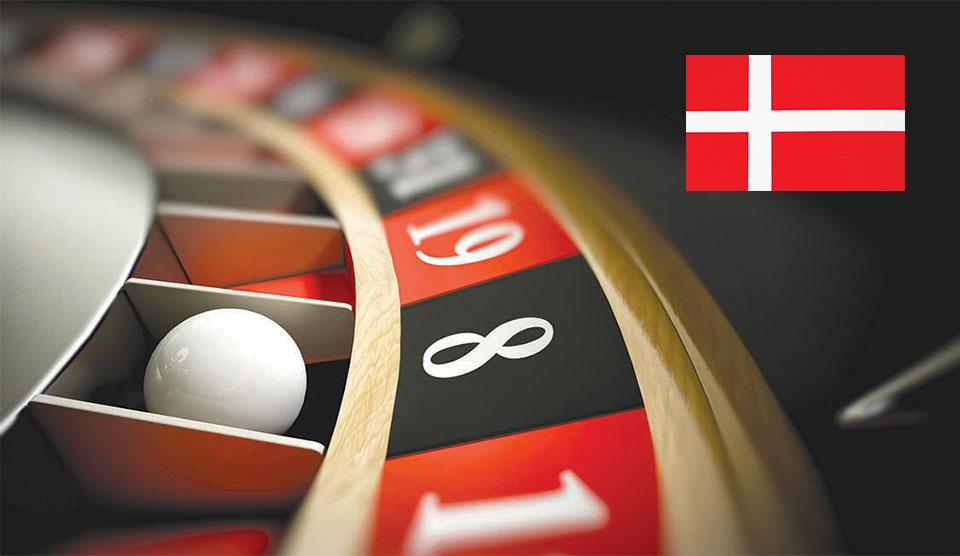Danish Virtual Casino Industry in 2019-2020: Growth and Prospects
Virtual gambling in Denmark is a promising area of investment not only for local businessmen but for foreign as well. High profitability can be explained by the welfare of local people and the fact that gambling is legalised at the domestic level.

The Economic Aspect of the Matter
The Danish regulator of the gambling sphere (Spillemyndigheden) has published the latest statistics on the online business in the country. According to the published information, in the first half of 2019, gambling has brought in 3.3 billion Danish kroner, thereby increasing the previous indicators by 5.4%.
Today, the gambling business in Europe is growing rapidly but figures from Denmark pleasantly surprise even the most sceptical people. This state is included in the list of three European countries with high profitability of the gaming sphere. Besides, there is also the profit that is coming from such traditional offshore jurisdictions as Malta and Gibraltar.
The virtual gambling business occupies a leading position in the revenue structure. Its profit is 2.32 billion Danish kroner, which is 70.3% of total receipts.
Experts say that in 2020, these numbers will only increase and gradually replace land-based slot machines.
The revenue structure is the following:
| Segmentation of virtual gambling in Denmark | ||
| Indicator | Amount of money, in billions of Danish kroner | % |
| Total receipts | 2,32 | 100 |
| By areas of activity: | ||
| Slot machines and video slots | 1,67 | 71,9 |
| Roulette | 0,27 | 11,6 |
| Blackjack | 0,20 | 8,6 |
| Poker | 0,18 | 7,9 |
Interestingly, in 2019, the mobile gambling sector “earned” 50.27% of the total receipts of the industry, that is, 1.17 billion Danish kroner. This indicator has surpassed the mark of 50% for the first time, which once again confirms the worldwide trend of the change from desktops to mobile units.
Experts predict that in 2020, the share of online casino business will only increase. At the same time, the industry itself will continue to grow rapidly, attracting new financial investment.
Why Danish Virtual Gambling is Growing?

Below, you can see the integrated effect of several factors:
- A rather simple legalisation. Those who are planning to launch a poker business or other types of gambling in Europe should definitely pay attention to Denmark. Here, business in both offline and online sectors is officially permitted, and all operations are covered by the jurisdiction of the European free trade area.
- High-quality legal framework. Denmark has a carefully thought-out regulatory framework, which greatly facilitates any entrepreneurial activity.
- High income level. Denmark has a favourable economic environment, and its residents are included in the top ten in accordance with living standards.
- Simplified filing of an application, which is processed within 6 months, and the supervision can be conducted remotely.
What Taxes Should Be Paid?
Despite several significant positive aspects of owning a casino in the described country, there are several disadvantages of this jurisdiction as well. For example, high taxes. Basically, they consist of a percentage (18-20%) from the revenues of operators.
Speaking about the virtual casino, its owners will have to pay a state duty to the treasury. Its size depends on the commissions of gamblers.
Land-based locations are even less fortunate: here, owners should pay up to 75% of their income. However, with tax privileges, you can pay only 45-60% for a while.
In addition to the income tax, operators must pay state duty, depending on the annual turnover of the company, and with the lowest income, it is 50 thousand Danish kroner.
To obtaining a permit, a simplified procedure should be passed but this document is rather expensive, and it is a bit “scary” for beginning investors. Filing of an application to the local authority costs 37 thousand Danish kroner, and in case of a negative decision, the money will not be returned. Those who are planning to organise virtual games in a link format will have to pay 52 thousand Danish kroner more.
Conclusion
Investors can make a decent profit thanks to the Danes who really love playing slot games and the fact that they are legalised within the framework of a legal system.
The only problems are huge taxes and expenditures for licensing. The entrance to the Danish market requires sufficient initial capital.
Gaminator knows everything about the ways of launching a European casino — in Denmark or any other country of the Old World. We can realise a gaming project in the shortest possible time and with minimal financial losses.
Gaminator provides legal support and offers a turnkey service.
You can always contact us:
- by e-mail: [email protected]
- on Skype: gaminator.deluxe
- in Telegram: @win24
- via the feedback form.
Check the information used to contact us carefully. It is necessary for your safety.
Fraudsters can use contacts that look like ours to scam customers. Therefore, we ask you to enter only the addresses that are indicated on our official website.
Be careful! Our team is not responsible for the activities of persons using similar contact details.



